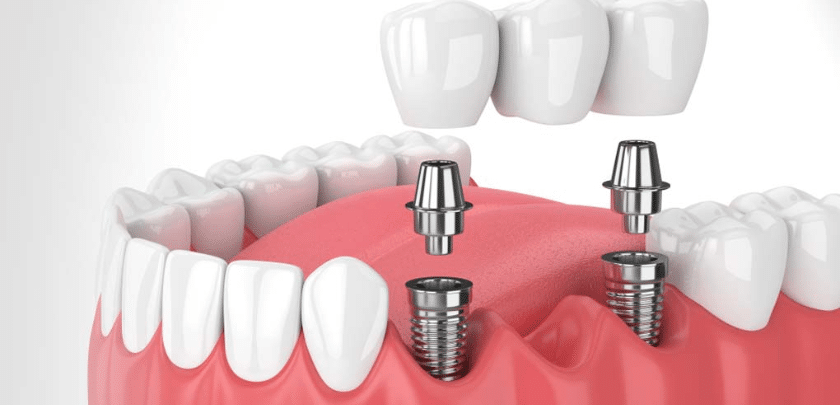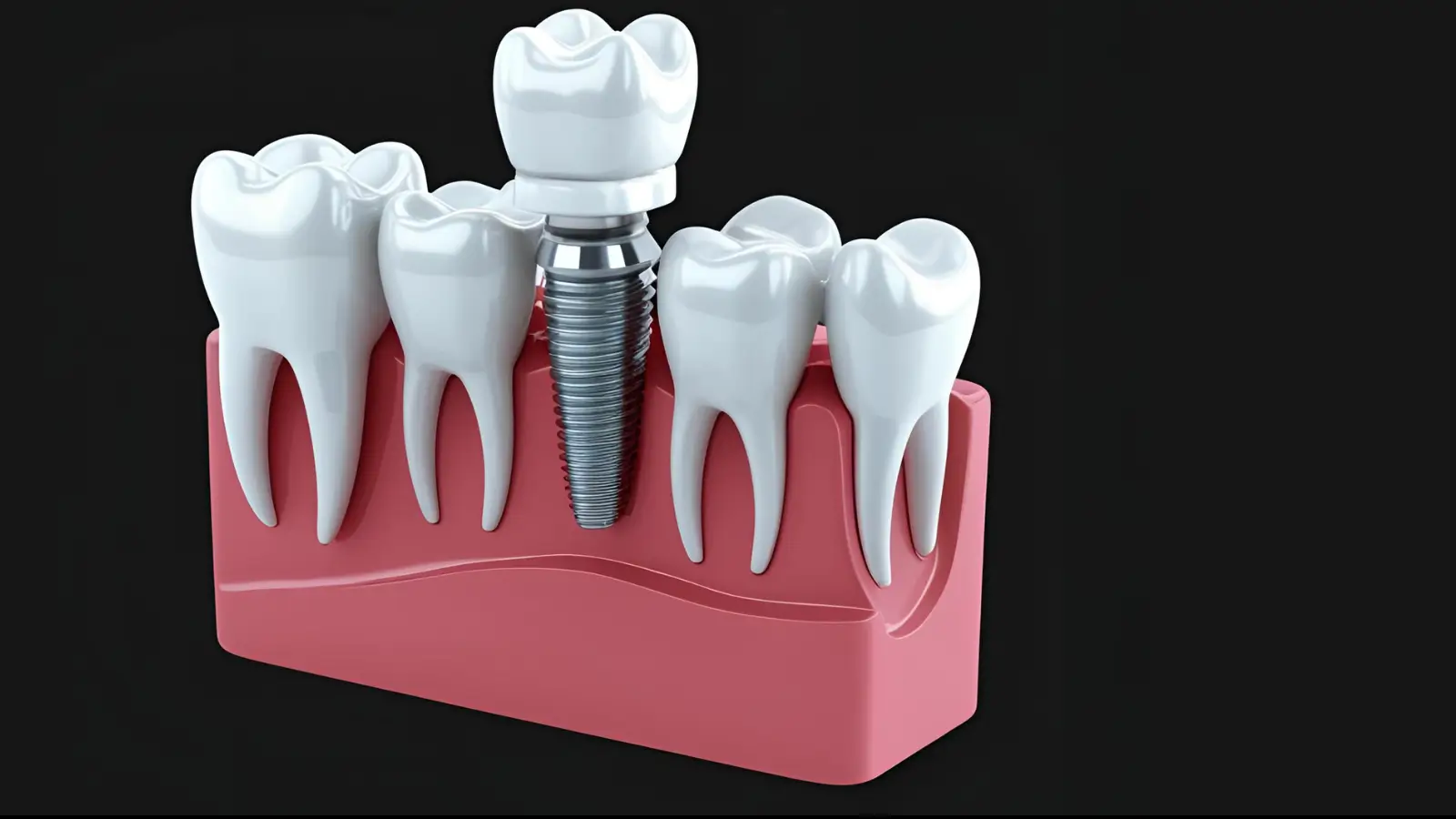
How Much Does It Cost To Remove A Dental Implant?
Dental implants have long been celebrated as a reliable and durable solution for replacing missing teeth, offering patients a natural-looking and functional smile. However, there are instances where the removal of a dental implant becomes necessary due to complications, implant failure, or changes in the patient’s oral health needs. If you’re considering the removal of a dental implant, you may be wondering about the associated costs and factors to consider. In this comprehensive guide, we’ll delve into the various factors that can impact the cost of dental implant removal and provide insights to help you make informed decisions about your oral health care.
Understanding Dental Implant Removal:
Before discussing the cost of dental implant removal, it’s essential to understand why implant removal may be necessary. While dental implants are designed to be a permanent tooth replacement option, there are situations where removal may be warranted, including:
- Implant Failure: Despite their high success rate, dental implants can occasionally fail due to factors such as peri-implantitis (infection around the implant), bone loss, or mechanical issues. In cases of implant failure, removal may be necessary to address the underlying problem and prevent further complications.
- Complications: Complications such as implant fracture, implant malposition, or damage to surrounding structures may require the removal of the implant to resolve the issue and restore oral health.
- Change in Treatment Plan: Changes in a patient’s oral health needs or treatment plan may necessitate the removal of a dental implant. For example, if a patient requires orthodontic treatment or bone grafting in the implant area, removal of the implant may be necessary to accommodate these procedures.
Factors Affecting the Cost of Dental Implant Removal:
The cost of dental implant removal can vary widely depending on several factors, including:
- Complexity of the Procedure: The complexity of the implant removal procedure is a significant factor that can impact the cost. Simple implant removals, where the implant is easily accessible and uncomplicated, may be less expensive than more complex removals that require additional surgical techniques or equipment.
- Implant Location: The location of the dental implant within the mouth can influence the cost of removal. Implants in more accessible areas of the mouth, such as the front teeth, may be easier to remove and therefore less costly than implants in the posterior (back) region of the mouth.
- Implant Integration: The length of time the implant has been in place and the degree of osseointegration (integration with the surrounding bone) can affect the difficulty of removal. Implants that have fully integrated with the bone may require more extensive surgical techniques for removal, potentially increasing the cost.
- Need for Additional Procedures: In some cases, additional procedures such as bone grafting, soft tissue augmentation, or guided tissue regeneration may be necessary following implant removal to prepare the site for future treatment. The need for these procedures can impact the overall cost of implant removal.
- Dentist or Oral Surgeon’s Expertise: The experience and expertise of the dentist or oral surgeon performing the implant removal can influence the cost. Specialists with advanced training and experience in implant dentistry or oral surgery may charge higher fees for their services.
- Diagnostic Imaging: Preoperative diagnostic imaging such as X-rays or Cone Beam Computed Tomography (CBCT) scans may be necessary to assess the implant site and plan the removal procedure. The cost of these imaging studies may be included in the overall cost of implant removal.
- Anesthesia or Sedation: The type of anesthesia or sedation used during the implant removal procedure can impact the cost. Local anesthesia, conscious sedation, or general anesthesia may be utilized depending on the complexity of the procedure and the patient’s preferences.
Average Cost of Dental Implant Removal:
The cost of dental implant removal can vary widely depending on the factors mentioned above, as well as geographic location and individual dental practices’ pricing policies. On average, the cost of dental implant removal in the United States ranges from $500 to $3000 per implant. However, it’s important to note that this estimate is for the removal procedure alone and does not include additional fees for diagnostic imaging, anesthesia, or any necessary follow-up care.
Tips for Managing the Cost of Dental Implant Removal:
If you’re considering dental implant removal but are concerned about the associated costs, here are some tips to help manage expenses:
- Shop Around: Obtain quotes from multiple dental practices or oral surgeons to compare costs and find a provider that offers competitive pricing for implant removal procedures.
- Ask About Payment Plans: Inquire about payment plans or financing options offered by dental practices to help spread out the cost of implant removal over time.
- Check Insurance Coverage: Review your dental insurance policy to determine if dental implant removal is covered and what percentage of the cost is reimbursable. While insurance coverage for implant removal may be limited, some plans may provide partial coverage for medically necessary procedures.
- Consider Out-of-Network Providers: If your insurance plan allows, consider seeking treatment from an out-of-network provider who may offer lower fees for implant removal procedures.
- Discuss Alternative Treatment Options: Depending on your specific situation, your dentist or oral surgeon may recommend alternative treatment options that are more cost-effective than implant removal, such as implant salvage procedures or implant-supported restorations.
Making Informed Decisions About Dental Implant Removal
The cost of dental implant removal can vary depending on factors such as the complexity of the procedure, the location of the implant, and additional treatment needs. While implant removal may incur expenses, addressing issues such as implant failure or complications in a timely manner is essential for maintaining oral health and preventing further problems.
Conclusion
If you’re considering dental implant removal, it’s important to consult with a qualified dentist or oral surgeon who can assess your individual situation, discuss treatment options, and provide a detailed cost estimate. By understanding the factors influencing the cost of implant removal and exploring strategies for managing expenses, you can make informed decisions about your oral health care and ensure the best possible outcomes for your smile.





